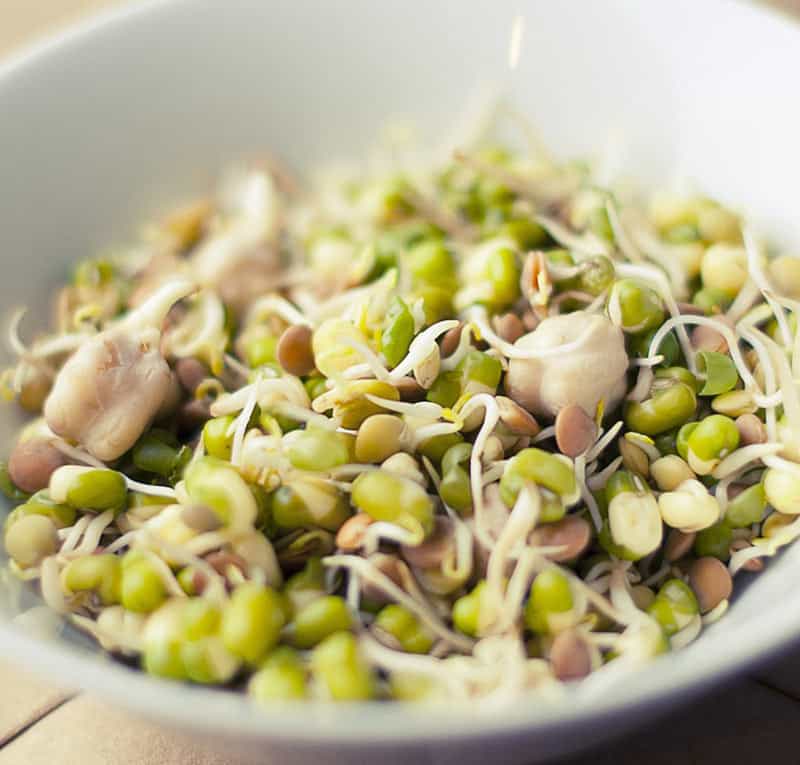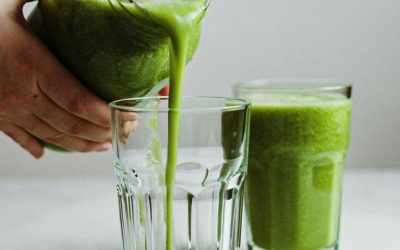Blog
The Power Of Sprouting – A Plant Based Treaty Webinar
January 3, 2025
Plant Based Treaty is continuously developing creative and informative ways to spread the plant-based message. Our recent Webinar, Unlock the Power of Sprouting, explains the incredible health benefits and climate-friendly advantages of sprouting by Professor Dr. Külcü in Turkey. This informative webinar explains how we can unleash the full nutrient potential of these amazing budget-friendly foods and includes a helpful step-by-step guide on how to get started with sprouting at home. To help fund future plant-based programs, including campaign trails, research, education, and street activism, you can help make a positive impact by donating here.
During this workshop, Prof. Dr. Külcü will show us how easy, practical, and affordable it is to sprout nutritious seeds, lentils, beans and more. (Webinar time: 55mins)
Here are five key takeaways from the Plant Based Treaty sprouting webinar:
1. Nutritional Benefits Of Sprouts
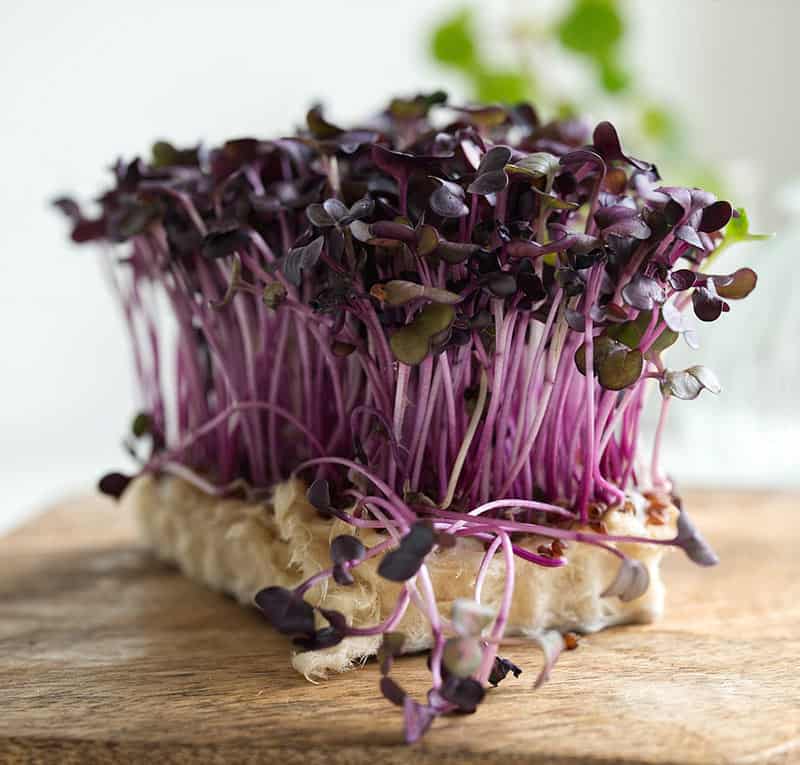
Professor Dr. Külcü outlines some of the nutritional benefits of eating sprouts:
- Enriches the nutritional content of seeds
- Increases the bioavailability of nutrients in seeds
- Anti-nutrients are broken down
- Up to 30-80 times increases are achieved in nutritional content, especially in bioactive compounds
- It is low in calories, high in fiber
- It is rich and high in protein content
WebMD states that sprouts are an excellent source of calcium, potassium, magnesium, folate, beta-carotene, and are a great source of Vitamin K. Homegrown sprouts are an excellent addition to salads, wraps, sandwiches, soups, dips, spreads, and as a topper on your favorite vegan burger.
2. Sprout Varieties And Additional Health Benefits
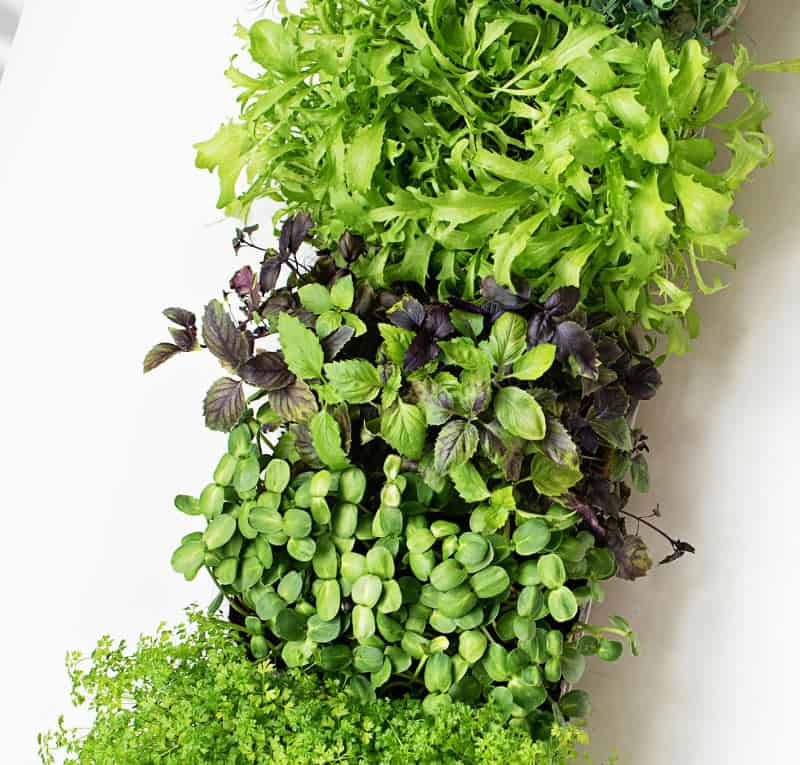
Common seeds to sprout are mung beans, alfalfa, lentils, radish, beets, broccoli, chickpea, mustard, green pea, and kale sprouts. Specific health benefits will vary depending on which sprouts you are growing, but overall Professor Dr. Külcü explains sprouts can have anti-carcinogenic effects, anti-aging effects, and contain vitamin A that helps protect eye, skin, and hair health.
As explained by the Cleveland Clinic, “sprouts are jam-packed with vitamins and minerals, varying from sprout to sprout. “Sprouts carry essential vitamins, minerals, fiber and are a great source of antioxidants…Broccoli sprouts will be loaded with vitamin A, vitamin C, vitamin K, folic acid and they are a really good source of the powerful antioxidant sulforaphane.”
Furthermore, they share that “sprouts can also carry other nutrients like B vitamins and minerals like phosphorus and magnesium. Plus, they’re low in things like fat, sodium and calories.”
3. Sprouting Is Practical And Affordable
Sprouting is perfect for people on a budget because they can be grown without expensive specialized equipment. During the Q and A portion of the webinar, host Nilgün Engin, explains that sprouting seeds and grains can be purchased from supermarkets and the sprouting basket can be ordered online. She shares that she uses old jars to make her own sprouts. If you have jars at home, sanitize them, and you will just need a simple cheesecloth and an elastic band or sprouting lid to get started. Alternatively, plastic sprouting baskets like the ones used in the webinar cost about ten dollars. Best money saving fact? A single packet of seeds goes a long way and makes about ten times the amount of sprouts you would purchase already made in grocery stores. By growing them at home you also eliminate purchasing single-use plastic containers store store-bought sprouts are sold in.
4. Sprouting Helps The Earth While Supporting Sustainable Agriculture
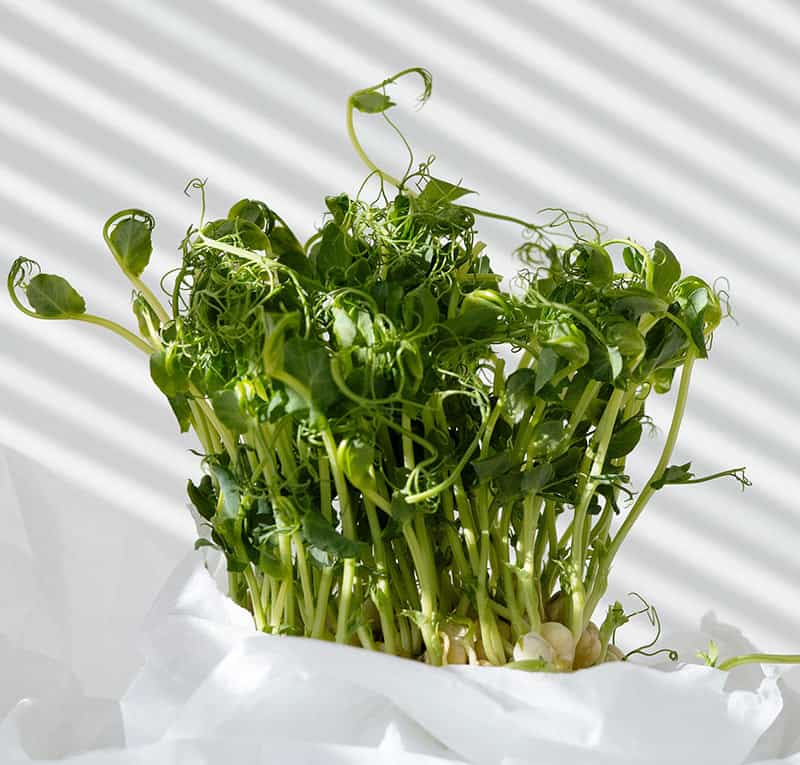
Professor Dr. Külcü explains that sprouting reduces the need for chemical inputs in food production and lowers the water and carbon footprint of food production. This aligns with the mission of the Plant Based Treaty that aims to promote a shift towards a plant-based food system to enable us to live safely within our planetary boundaries and reforest the earth. Moving away from animal agriculture is key if we want to reduce methane emissions. As the Plant Based Treaty states, addressing fossil fuels alone is not enough — we need action on food systems too, because animal agriculture is a major contributor to the climate crisis.
Educating the public via webinars like this informative sprouting workshop encourages and teaches people to grow their own food at home and aligns with Demand 1 of the treaty, Redirect. “Design public information campaigns to raise awareness about the climate and the environmental advantages and health benefits of plant-based food, nutrition and cooking.”
Unlike the meat, dairy, egg, and harmful fishing industries that cause harm to our earth and animals, sprouting helps support sustainable agriculture without harming anyone. Sprouting at home further helps to reduce your carbon footprint since the food doesn’t have to be transported to the store, requires no soil, fertilizer, or pesticides and you get the health benefits of eating fresh raw and healthy food.
5. Sprouting Enhances Food Security
Professor Dr. Külcü shares that sprouting enhances food security by making nutrient-dense foods accessible even in challenging conditions. He explains, “Seeds can be stored under suitable conditions for extended periods and transformed into nutrient-rich food during times of drought and famine.”
Another important demand under the Redirect principle of the treaty is; “Food security should be placed as a priority for all nations, with a focus on ending poverty and hunger and making nutritious food accessible for all.”
To help the Plant Based Treaty continue to implement plant-based solutions across the globe and halt the expansion of animal agriculture to avoid a climate catastrophe, please consider donating today.

Miriam Porter is an award-winning writer who writes about veganism, social justice issues, and eco-travel. Miriam currently lives in Toronto with her son Noah and many rescued furry friends. She is a passionate animal rights activist and speaks up for those whose voices cannot be heard.
More from the blog
Ten Plant Based Treaty Celebrity Endorsers Making A Difference
By Miriam Porter
Kickstart Spring With A Nourishing Green Smoothie By Dr. Brooke Goldner
By Miriam Porter
From Global Advocacy To Menu Changes: Plant Based Treaty’s Goals For 2025
By Miriam Porter

